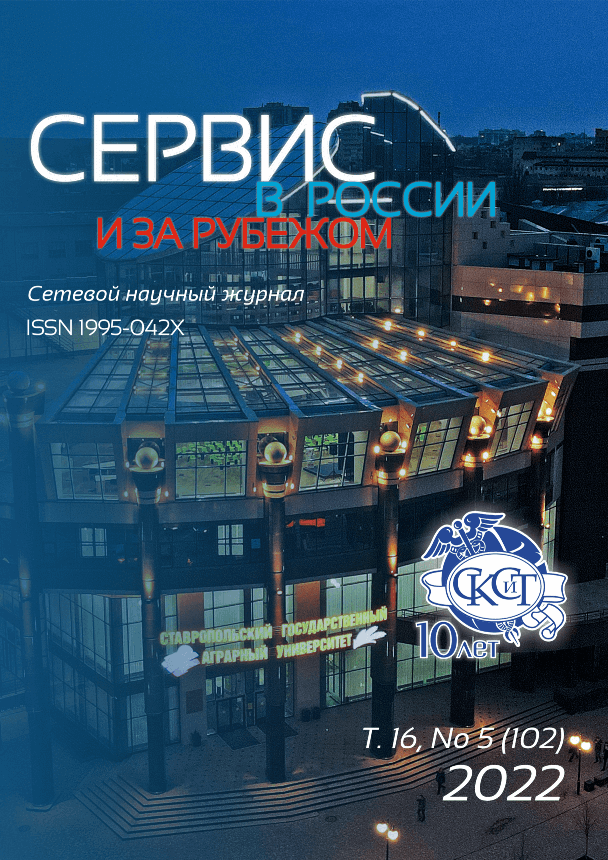Mobile technologies in sustainable development of socio-cultural services and tourist places
DOI:
https://doi.org/10.5281/zenodo.7395724Keywords:
mobile technologies, mobile applications, regional economy, tourism industryAbstract
Significance of mobile technologies and applications in the tourism industry in the modern world is beyond doubt. Of course, there are a lot of advantages from their use by enterprises, which allows them to strengthen their positions at the regional, state or global level, be more competitive, attract new customers, more effectively conduct an advertising campaign for their products and services and, accordingly, increase their profits. The tourism sector has thousands of enterprises of various directions, but all of them together influence the development of this industry. Airlines, land transport, accommodation facilities, catering companies, tour operators, travel agents, tour agencies, advertising agencies and various HoReCa suppliers all make up a large ecosystem serving tourism. The article analyzes the approaches to the definitions of "mobile technologies" and "mobile application", as well as structures the components of mobile technologies. The advantages of mobile applications as a sales tool are determined, and a structural and graphical model of a mobile application is built. The regional structure of domestic tourist demand in the Russian Federation, including, in more detail, the Republic of Crimea, is considered in detail. The article determines the structure of the tourist virtual information space. The authors propose a mechanism for the impact of mobile applications as a means of promoting regional tourism and sales of tourist services.
Downloads
References
Айрапетян Г.М. Дизайн мобильного приложения // Молодой ученый. 2018. №48(234). С. 12-15.
Акбарова С.А. Постановка целей по методике smart и как она влияет на мотивацию сотрудников // Colloquium-journal. 2019. №3-4(27). С. 6-8.
Алимова М.Т. Особенности и тенденции развития регионального рынка туризма. Самарканд: СамГУ, 2017. 62 с.
Архипова О.В., Сиволап Т.Е., Терехова В.И. Маркетинг дестинаций, и проблема продвижения услуг культурно-познавательного туризма // Петербургский экономический журнал. 2018. №4. C. 57-69.
Богданенко Д.А. Подходы к архитектурному проектированию веб-приложений // Молодой ученый. 2018. №9(195). С. 24-29.
Воскресенская О.Д. Экономическая составляющая совершенствования имиджа туристской сферы в Крыму как новой административной единице Российской Федерации // Гуманитарный акцент. 2019. №3. C. 56-61.
Глушкова А.С. Использование VR- и AR-технологий в туризме // Скиф. 2020. №1(41). C. 77-81.
Гончарова О.В., Халеева С.А. Использование современных digital-каналов и SMM-технологий в продвижении туристских услуг // Креативная экономика. 2020. Т.14. №8. С. 1709-1724.
Климова Т.Б., Вишневская Е.В. Перспективы развития виртуального информационного пространства в туристской индустрии // Научный результат. Технологии бизнеса и сервиса. 2017. Т.3. №1. С.22-33.
Остапчук А.В., Дроздова Е.С. Практические рекомендации по использованию контекстной рекламы, имейл-рассылки, мобильных приложений и QR-кодов в маркетинговых коммуникациях // Научный вестник: финансы, банки, инвестиции. 2017. №4(41). C.92-97.
Downloads
Published
How to Cite
Issue
Section
License
Copyright (c) 2022 Pavlenko, I. G., & Osmanova, E. U.

This work is licensed under a Creative Commons Attribution-NonCommercial-ShareAlike 4.0 International License.












